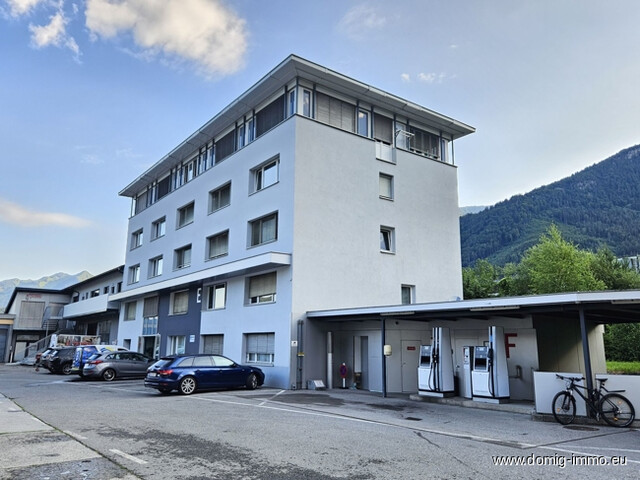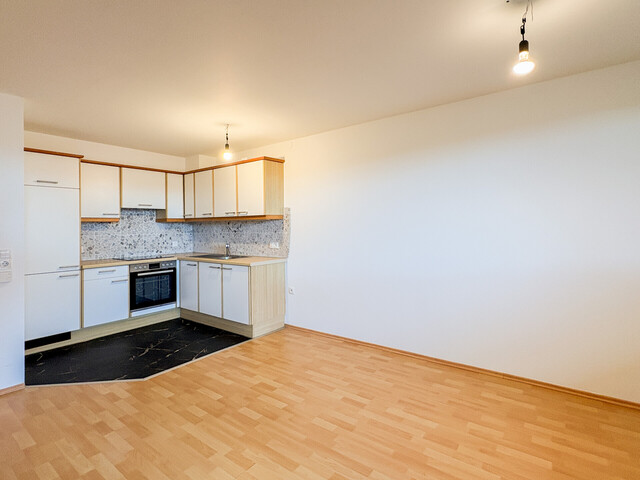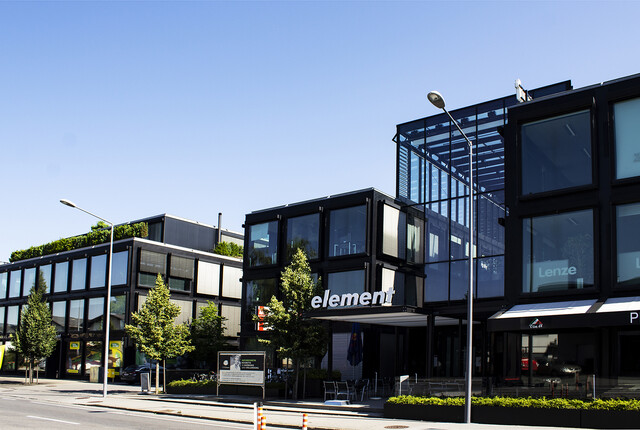Care: Professional Representation Wants More Participation
Nurses should also be represented in the so-called Nursing Development Commission, said ÖGKV President Elisabeth Potzmann ahead of the Nursing Congress on Thursday and Friday at the Austria Center Vienna to the APA. Other important topics include education and making the profession more attractive.
From the ÖGKV's perspective, it would be desirable for nursing to be included in the commission established in 2024 under the turquoise-green government. Currently, representatives of the federal government, the states, the municipalities, and the cities are on board. This commission addresses, for example, the quality assurance in the 24-hour care of patients at home, as stipulated in the government program, as stated in early November from the office of Social and Health Minister Korinna Schumann (SPÖ). The next meeting of the commission is planned for February 2026.
It was said that invitations would be extended selectively, but so far the professional association has not received an invitation.
Nursing: Warning of Lack of Quality in Education
Education is also an important topic for Potzmann. The ÖGKV views those variants that start at the age of 15 with caution. "One must look at whether they are well done," said the ÖGKV President. Even in Vienna, where initially there was opposition to the introduction of nursing apprenticeships, there is now an offer from the Vienna School of Nursing Professions with the "Nursing Starters," where one can start at the age of 15. The training lasts three years and concludes with the professional qualification for nursing assistance.
Potzmann clearly opposes activities with patients before the age of 17 - there is also a corresponding EU recommendation, she emphasized. This consensus has been weakened by the nursing apprenticeship. Young people are thus confronted with potentially overwhelming burdens, such as caring for seriously ill or dying people. Potzmann also sees the intimacy that occurs in nursing - such as in personal care - during puberty as a problem. Fundamentally, for the nursing apprenticeship introduced in 2023, a minimum age of 17 years is required for activities with patients. However, this is interpreted differently, and patient contact, such as for leisure activities, is permitted.
The ÖGKV opposes efforts to revert to the "old" school-based diploma training in education, as is currently being discussed in Lower Austria.
Making Long-Term Care Work Attractive
It is also important to make the work of advanced services in long-term care attractive in order to retain nursing staff in the profession, emphasized Potzmann. The president is critical of demands to give more authority to home helpers and nursing assistants instead of asking why certified staff are reluctant to work in long-term care. "This should be investigated to determine the cause, from the political side," to identify what is lacking. It cannot be in anyone's interest to instead hire unqualified personnel, often with language barriers, and then not pay close attention.
It is about changing the framework conditions, such as the authority of certified staff, she referred to the current debate on the right to prescribe medication. Currently, certified staff must take the detour through a doctor even for simple (over-the-counter) painkillers. In nursing homes, this means going through the general practitioner of the affected individuals, which leads to additional effort and costs.
As an example that an expansion of competencies for certified personnel can work, Potzmann referred to the possibility since January 2024 for certified nursing staff to prescribe medical products such as incontinence supplies or wound care materials. Organizations would also save a lot of money as no specialists would need to go to the doctor to obtain prescriptions.
Earnings Limit for Nursing Scholarships a Topic
A topic is also the new regulation of the Unemployment Insurance Act, which from January is supposed to prevent the unemployed from supplementing unemployment benefits or emergency assistance with additional earnings. Here, one must see how it progresses, said Potzmann. The regulation would have also prevented minor additional earnings during training participation, for example, for recipients of the AMS nursing scholarship. As early as mid-November, the health and social department of Minister Korinna Schumann (SPÖ) stated that this was "not intended" - they are currently working on a corresponding amendment "that creates an exception to the restriction of minor additional earnings during retraining and further training lasting four months or more."
This is partly a question of income for those switching careers, emphasized Potzmann. On the other hand, these workers would also be missing: those in training already partially relieve the staff, for example, through sitting watches. Others, who are furthering their education from nursing assistance to nursing specialist assistance, are already performing duties and would then be absent from the operation.
(APA/Red)
This article has been automatically translated, read the original article here.
Du hast einen Hinweis für uns? Oder einen Insider-Tipp, was bei dir in der Gegend gerade passiert? Dann melde dich bei uns, damit wir darüber berichten können.
Wir gehen allen Hinweisen nach, die wir erhalten. Und damit wir schon einen Vorgeschmack und einen guten Überblick bekommen, freuen wir uns über Fotos, Videos oder Texte. Einfach das Formular unten ausfüllen und schon landet dein Tipp bei uns in der Redaktion.
Alternativ kannst du uns direkt über WhatsApp kontaktieren: Zum WhatsApp Chat
Herzlichen Dank für deine Zusendung.








